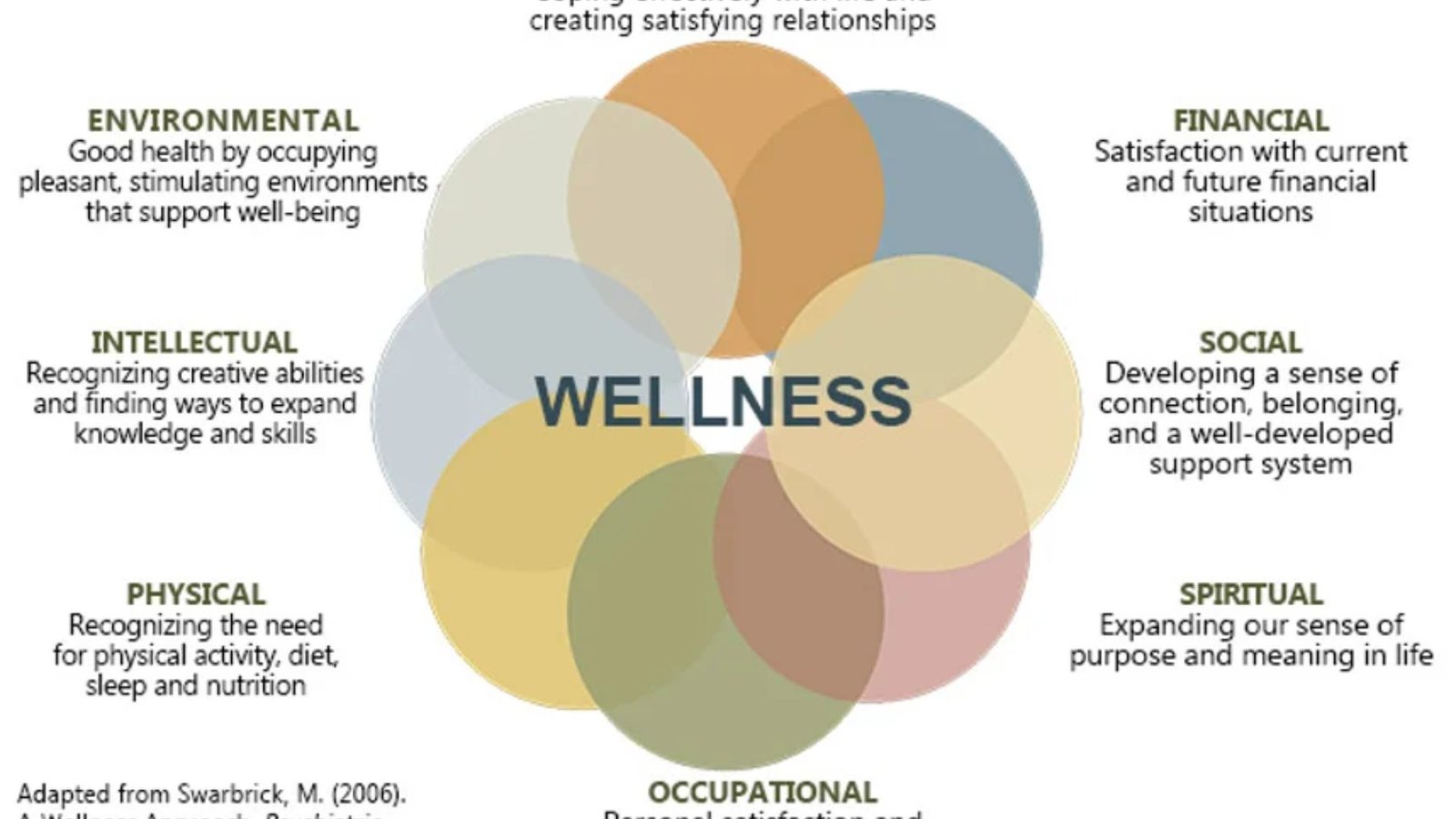Health care plays a crucial role in shaping your overall well-being. It includes the medical services you receive, the lifestyle choices you make, and the support systems available to you. Good health care doesn’t just help when you’re sick; it also helps you maintain good health, manage stress, and improve your quality of life. In this article, we will explore how health care affects your wellbeing, focusing on physical, mental, and emotional health.

1. Access to Quality Health Care Improves Physical Health
One of the most direct ways health care affects your well-being is through the care you receive when you are sick or injured. Regular visits to the doctor, preventive screenings, and treatments for illnesses can help you stay healthy. Health care ensures that you get the necessary medical attention to recover from injuries, manage chronic conditions, and prevent future problems.
How health care improves physical health:
- Routine check-ups: Regular doctor visits can help catch health issues early before they become serious.
- Treatment for illnesses: Health care provides the necessary treatments for diseases such as diabetes, hypertension, or infections, helping you recover quickly.
- Preventive services: Vaccines, screenings, and other preventative measures can help protect you from future health problems.
By getting the right care, you improve your ability to stay healthy and avoid preventable conditions.
2. Mental Health Support Enhances Emotional Wellbeing
Your mental health is just as important as your physical health, and good health care plays a key role in supporting it. Access to mental health care services, such as therapy and counseling, helps you manage emotions, cope with stress, and address any mental health conditions like anxiety or depression.
How health care supports mental health:
- Therapy and counseling: Health care services provide professional mental health support, helping you manage life challenges, reduce stress, and improve emotional well-being.
- Medication management: For conditions like depression or anxiety, health care providers can prescribe medications that help balance mood and improve mental health.
- Crisis intervention: In times of emotional or psychological crisis, health care can offer immediate support, such as emergency counseling or hospitalization.
By taking care of your mental health through health care, you can reduce the risk of emotional distress and improve your overall quality of life.
3. Encouraging Healthy Lifestyles
Health care doesn’t just focus on treating illnesses—it also encourages healthy lifestyles that promote long-term well-being. Doctors, nutritionists, and other healthcare professionals provide advice on exercise, diet, and healthy habits that can improve your life. By following this guidance, you can reduce your risk of diseases, increase your energy levels, and enhance your overall health.
How health care promotes healthy lifestyles:
- Nutritional guidance: Health care providers can give you advice on eating a balanced diet to maintain a healthy weight and prevent conditions like heart disease.
- Exercise recommendations: Regular physical activity improves heart health, reduces stress, and boosts mood. Your healthcare provider can help you develop an exercise plan suited to your needs.
- Stress management: Health care professionals can guide you in managing stress through practices like meditation, yoga, or deep breathing.
Adopting a healthy lifestyle with the support of health care improves your physical and emotional well-being, leading to a happier and healthier life.
4. Access to Preventive Health Care Saves Lives
Preventive health care is one of the most important aspects of maintaining overall well-being. Regular screenings, vaccinations, and early detection of potential health problems can prevent serious illnesses from developing or getting worse. Preventive care helps you stay on top of your health, reducing the risk of diseases and improving your quality of life.
Examples of preventive health care:
- Vaccinations: Immunizations help protect you from serious diseases like flu, pneumonia, and more.
- Screenings: Tests like mammograms, blood pressure checks, and cholesterol screenings help detect health issues early when they are easier to treat.
- Lifestyle counseling: Preventive health care also includes advice on smoking cessation, weight loss, and reducing alcohol consumption, which can prevent many chronic conditions.
By engaging in preventive care, you can reduce your risk of major health issues and enjoy better overall health.
5. Building Emotional Resilience with Support
Health care also includes support for coping with emotional challenges. Having access to counseling, therapy, or support groups can help you manage life’s ups and downs, making you emotionally stronger. Health care professionals can provide tools and coping strategies to help you deal with stress, grief, or anxiety.
How health care builds emotional resilience:
- Therapy and counseling: Talking to a therapist or counselor can help you work through emotional struggles and develop healthier coping strategies.
- Support groups: Joining a support group for conditions like chronic illness or addiction can provide comfort and encouragement from others who understand what you’re going through.
- Crisis support: In times of crisis, health care providers offer emergency emotional support, such as counseling hotlines or immediate therapy.
Having emotional support through health care helps you navigate difficult times and strengthens your mental resilience.
6. Social Support and Connection
Health care also plays a role in your social well-being by connecting you to necessary resources and support networks. Health care providers can refer you to community services, support groups, and other resources that help you build social connections. Strong social ties are important for your mental health, as they provide emotional support and reduce feelings of loneliness or isolation.
How health care connects you to social support:
- Community resources: Health care providers can connect you to local services that help you engage with others, such as social programs or mental health organizations.
- Family support: Health care providers can help you navigate family dynamics and provide guidance on how to support a loved one’s health needs.
- Support groups: Many health care providers offer or refer patients to support groups for various conditions, such as chronic illness, addiction, or grief.
Having strong social connections through health care networks improves emotional well-being and reduces isolation.
7. Health Care Promotes Longevity and Aging Well
Access to quality health care also supports healthy aging. As you get older, your health care needs change, and preventive care becomes even more important. Regular check-ups and screenings can help manage aging-related conditions, allowing you to live a longer and more fulfilling life.
How health care promotes longevity:
- Chronic disease management: Health care helps you manage chronic conditions like arthritis, diabetes, and high blood pressure, allowing you to maintain independence as you age.
- Cognitive health: Regular mental health check-ups and cognitive screenings help detect early signs of memory loss or cognitive decline, allowing for early intervention.
- Physical health: Health care providers help with mobility, vision, hearing, and other physical concerns that may arise with aging, helping you live more comfortably.
With proper health care, you can enjoy a longer, healthier life, free from the limitations of untreated conditions.
Conclusion
In conclusion, health care affects your well-being in numerous ways. From physical health improvements through treatment and preventive care, to mental health support and promoting healthy lifestyles, good health care is key to living a long, fulfilling life. Access to quality health services helps prevent disease, manage chronic conditions, and promote emotional resilience. By prioritizing your health through regular care, you’re investing in your overall well-being, which can lead to a happier, healthier future.











